Chris Dashiell blog review:In rural Turkey, a father (Genco Erkal) decides to move far away to the city with his young son (Harun Yeşilyurt) so as to make enough money to send the boy to school. But once there, he finds that the job he was lured with, selling vegetables on a cart, is much harder than he thought, because the markets are controlled by gangs who exclude independent sellers. Living out in the open in some ruins, along with other poor merchants, they sink into desperate poverty, while the father continues to cling to the dream of getting his son an education.
This is one of those heartbreaking works of social realism, born of grief at the plight of the downtrodden, and fueled with anger at their neglect by society. If that were all there was to it, the film wouldn't have much to distinguish it. But Özgentürk has a marvelous feel for his characters and their world. The way the father struggles to retain some dignity in the face of humiliation, the atmosphere and variety of people living in the ruins, the weary sense of time spent looking for work or running from the harassment of the police (who are in league with the gangs) - all are rendered with great intimacy and understanding. There is no need for melodramatic effects - the story is allowed to develop with its own logic, in a style as simple as it is effective. The ending is close to perfect.
Özgentürk and his wife Işıl, who wrote the screenplay, worked as assistants to Yilmaz Güney, the courageous innovator of Turkish cinema. The Horse, with its rigorous style and feeling of incorruptible honesty, is directly in the Güney tradition of social protest. The Turkish government certainly saw it that way, because on the basis of this film, Ali Özgentürk was arrested and convicted of sedition, serving a three year prison term. The depiction of the living conditions of the urban poor was too real to be tolerated. In the twenty years since The Horse, Özgentürk has only been able to make three films. This picture deserves to be better known in the West, along with the activist film movement of Turkey from the 70s and 80s in general.
(note by BFE2: However, it should be noted that Ozgenturk has made more than 3 films since THE HORSE. Immediately following THE HORSE, he made BEKCI (THE GUARDIAN), followed by SU DA YANAR (WATER ALSO BURNS), CIPLAK (NUDE), MEKTUP (THE LETTER), BALALAYKA, which took him through the date of that post. (He has since made another film - KALBIN ZAMANI.)
Ali Özgentürk homepageGönül Dönmez-Colin: Cinemas of the others - A personal journey with film-makers from the middle east and central Asia, google books p. 111 ff. (Özgentürk interview)
google books linkcaps:[SPOILER]
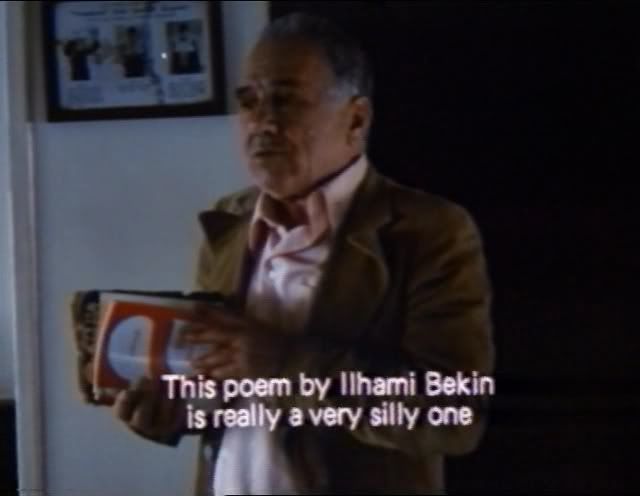
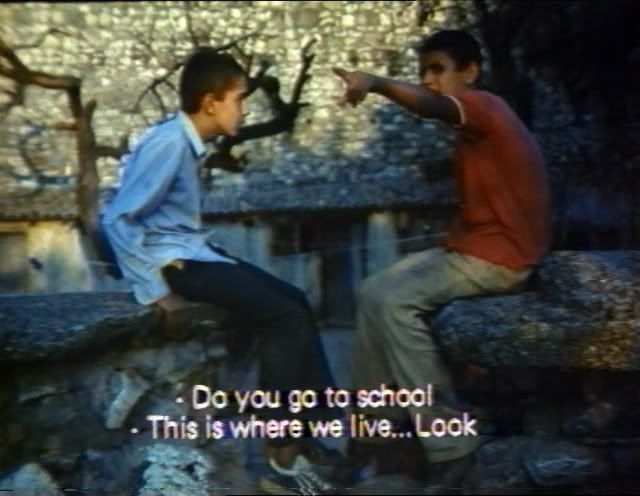
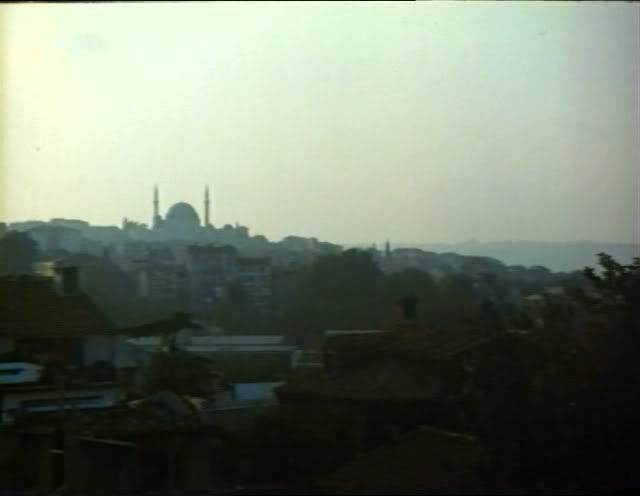
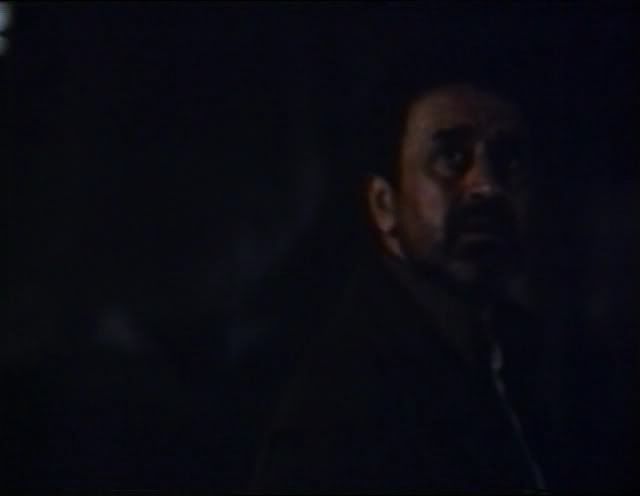
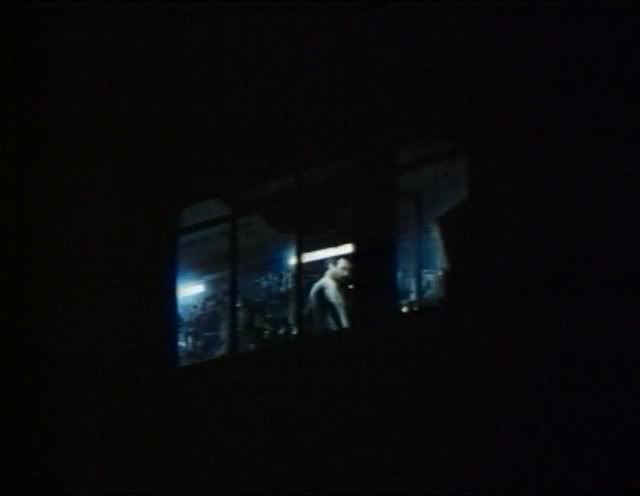
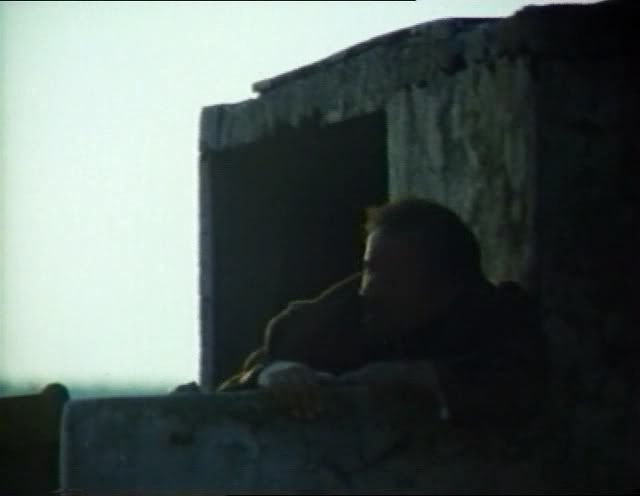
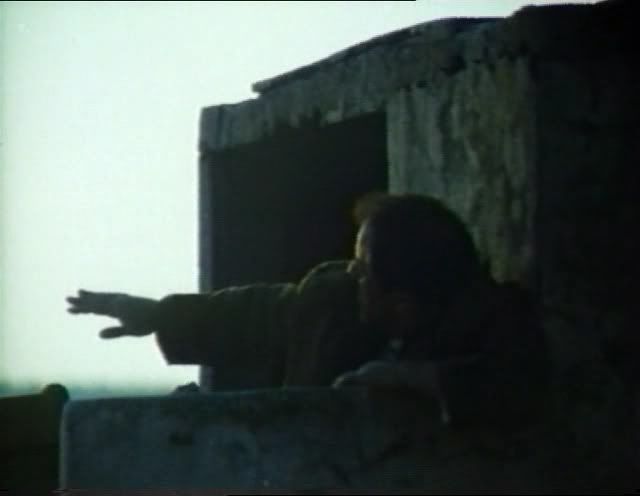
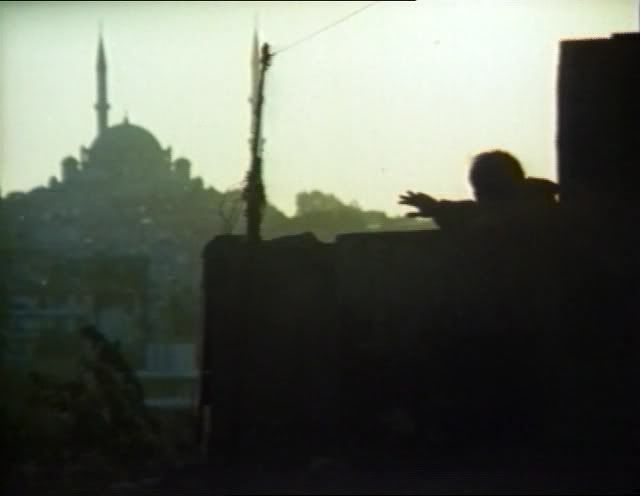
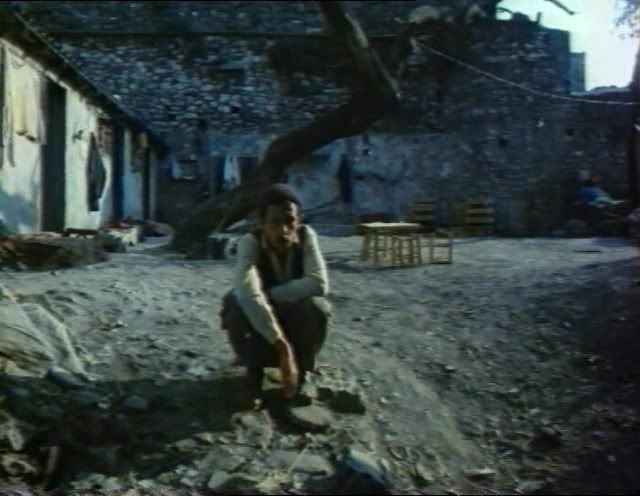

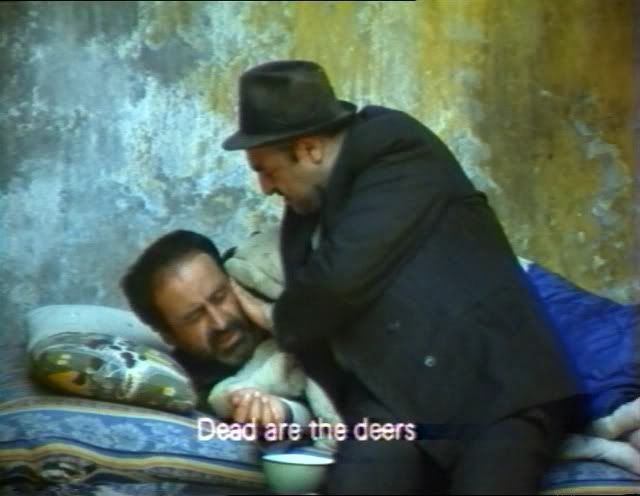
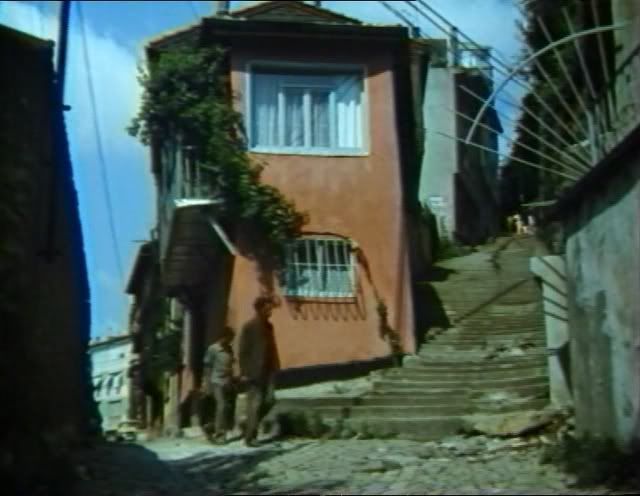
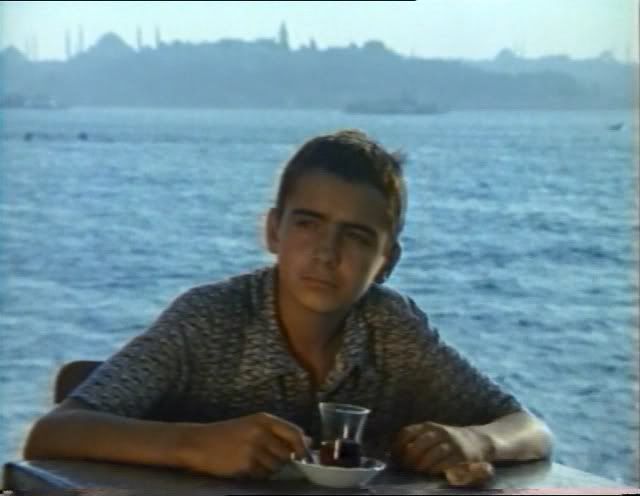
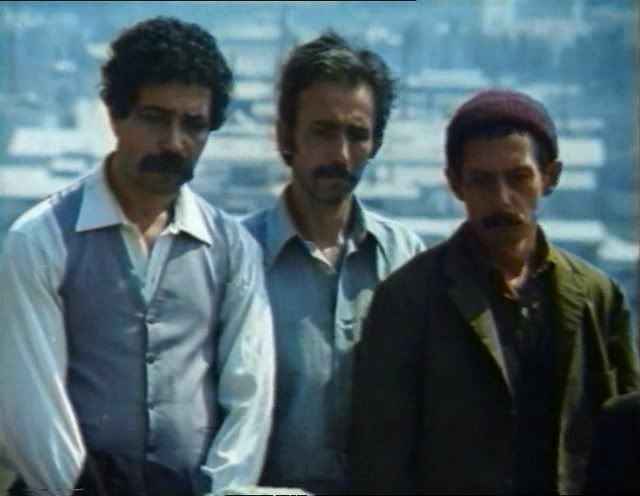
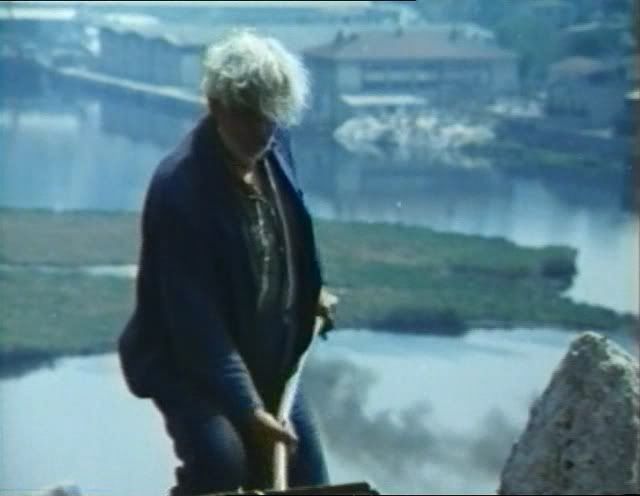
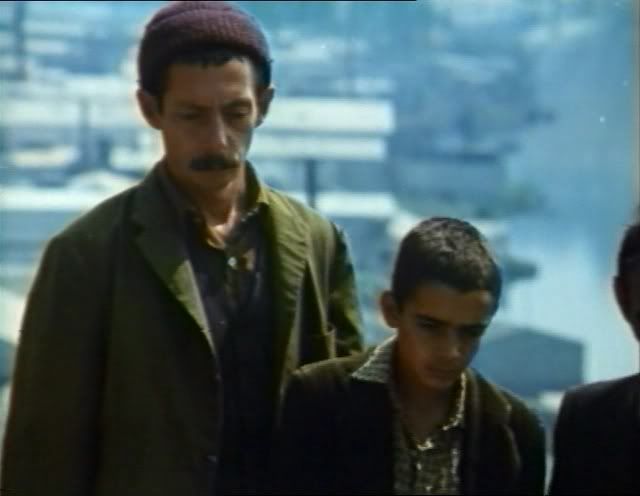
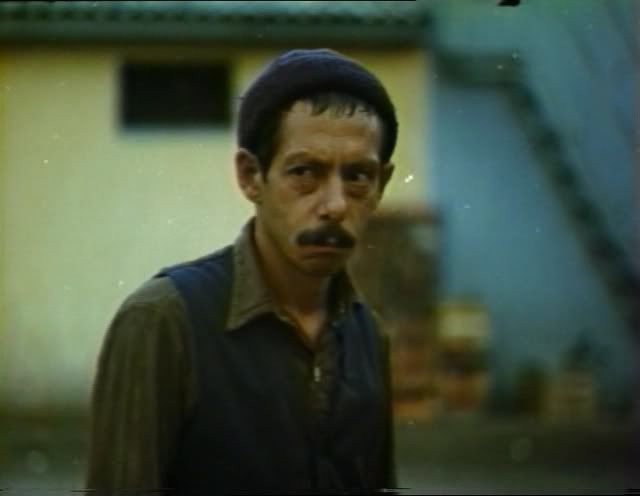
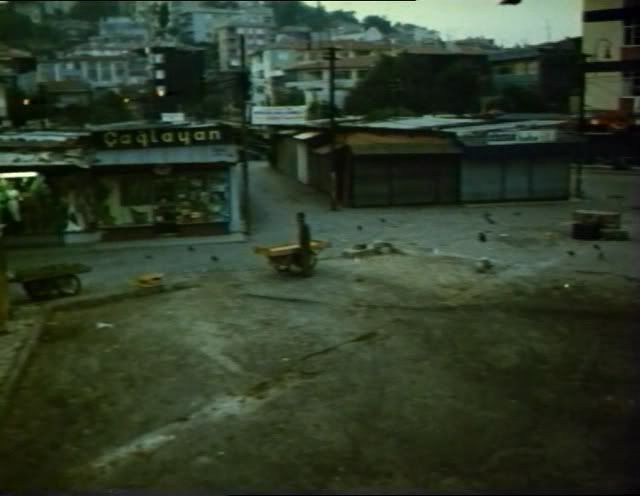
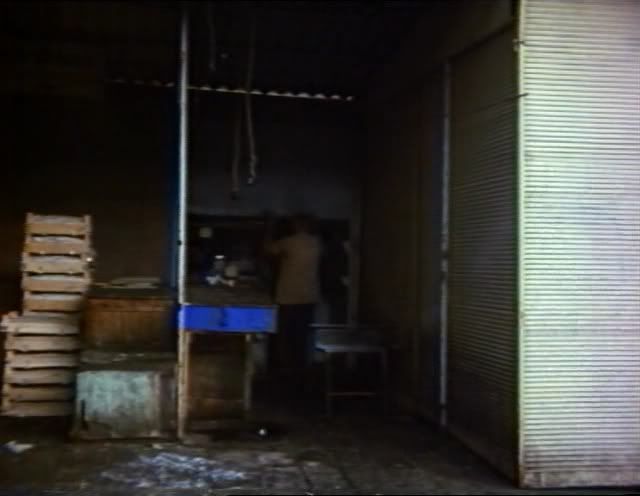
This is my first post of a new thread, I did this like I'm used to in cine-clasico. If this is all wrong for Allzine, I'd appreciate some help from the moderators.